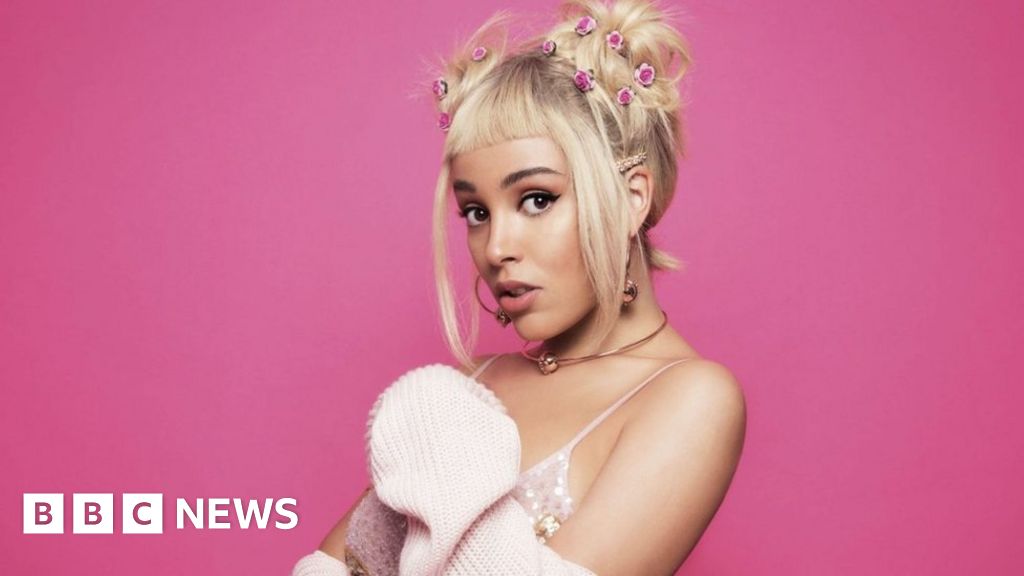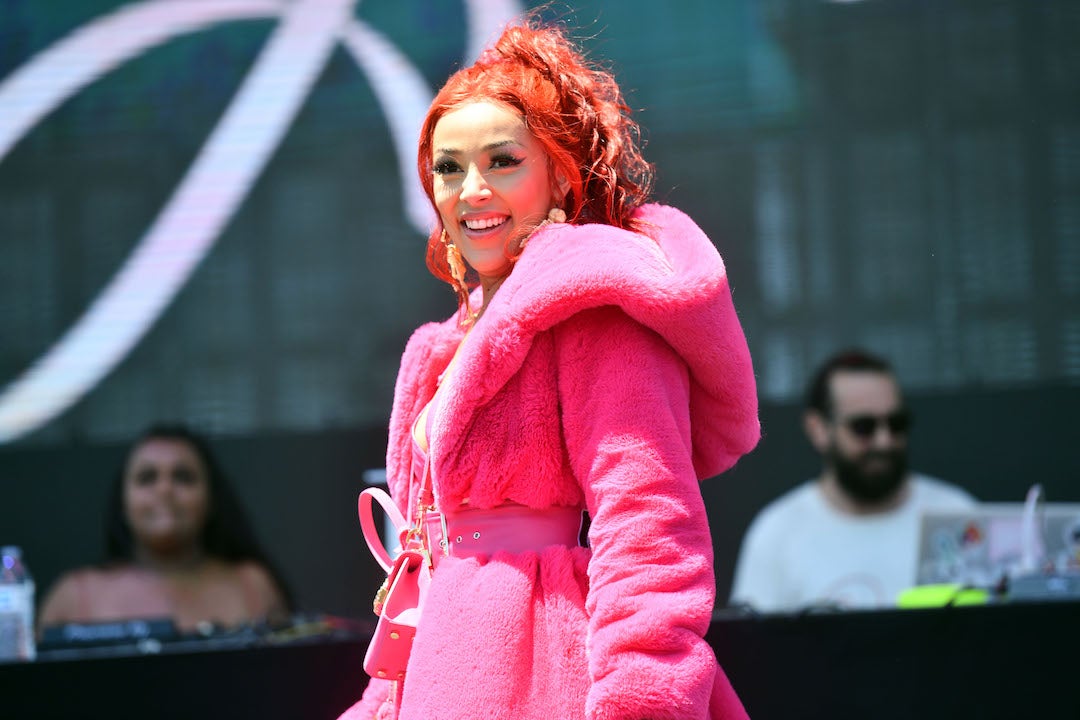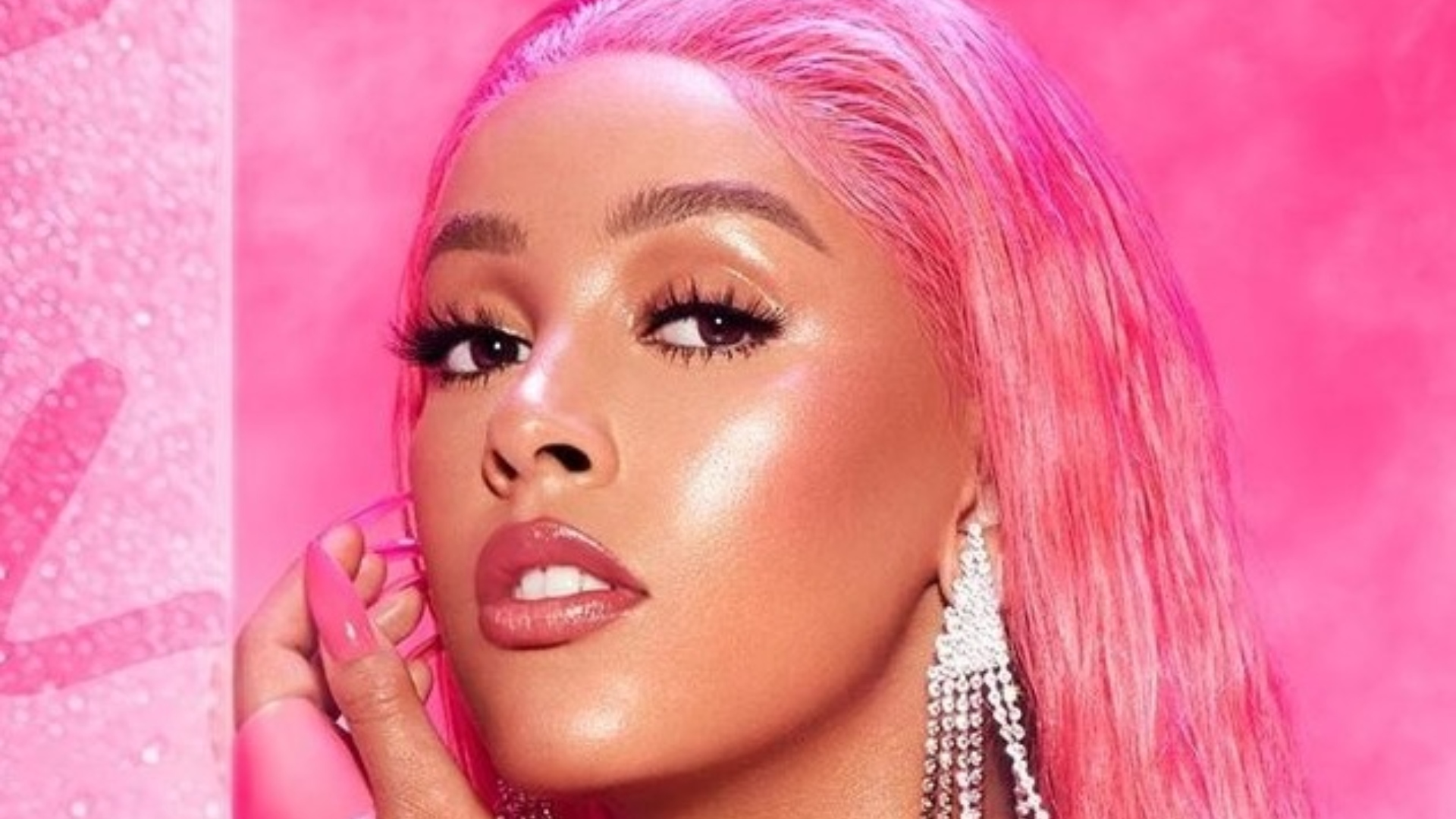Let’s just put it out there—Doja Cat has been at the center of some serious debates lately, with allegations of racism swirling around her. But is she really racist? Or is this just another case of miscommunication and context being lost in translation? In this article, we’ll break it all down for you, exploring the facts, clearing up misconceptions, and diving deep into the heart of the matter. So grab your favorite drink, sit tight, and let’s get to the bottom of this.
Doja Cat, the queen of modern pop and hip-hop, isn’t exactly a stranger to controversy. From her bold lyrics to her edgy performances, she’s always been a polarizing figure in the music industry. But when accusations of racism started flying, it sent shockwaves through her fanbase and beyond. Is this just another example of people jumping to conclusions? Or is there more to the story?
We’re here to cut through the noise and give you the full scoop. This isn’t just about Doja Cat—it’s about understanding how these kinds of controversies arise, how they’re perceived, and most importantly, how we can have better conversations about race and representation in today’s world. Let’s dive in.
Read also:Kourtney Kardashian And Travis Barker A Love Story Beyond The Spotlight
Doja Cat: A Quick Bio
Before we dive into the controversy, let’s take a moment to understand who Doja Cat really is. Born Amala Ratna Zandile Dlamini on October 21, 1995, in Los Angeles, California, Doja Cat is a multi-talented singer, rapper, and songwriter. Her Swazi and German heritage adds a unique flavor to her music, blending African influences with mainstream pop and hip-hop sounds.
Early Life and Career
Growing up in a creative household, Doja Cat was exposed to music from a young age. Her father, Khensa Dlamini, is a music producer, and her mother, Deborah Dlamini, is a dancer and choreographer. This environment nurtured her love for music and performance, setting the stage for her future success.
Her career took off in 2018 with the release of her viral hit "Mooo!" which gained millions of views on platforms like TikTok. Since then, she’s released multiple chart-topping hits, collaborated with some of the biggest names in the industry, and solidified her status as a global superstar.
Doja Cat Racist Allegations: The Backstory
Now, let’s get to the meat of the issue. The accusations of racism against Doja Cat stem from a few key incidents that have been blown out of proportion—or so her supporters claim. Let’s break it down.
Incident #1: The Twitter Feud
Back in 2019, Doja Cat found herself embroiled in a heated Twitter feud with another artist. During the exchange, some of her comments were interpreted as racially insensitive. While she later apologized and clarified her intentions, the damage had already been done. Critics pointed to this incident as evidence of her alleged racism.
Incident #2: The "Hot Girl Summer" Comments
Fast forward to 2020, and Doja Cat was once again in the spotlight for comments related to race. During an interview, she made some remarks about the "Hot Girl Summer" movement that some people felt were dismissive of Black culture. Again, she clarified her stance, but the backlash continued.
Read also:Remembering Jesus Guerrero A Tribute To A Life Welllived
Understanding Context: Why Context Matters
One of the biggest issues with these controversies is the lack of context. In today’s fast-paced digital world, snippets of conversations or social media posts can be taken out of context and blown up into something they’re not. Let’s explore why context is so crucial in these situations.
- Social media platforms like Twitter and TikTok are notorious for spreading information quickly, often without the full story.
- People tend to focus on soundbites rather than the full conversation, leading to misunderstandings.
- Cultural differences and individual perspectives can also play a role in how comments are perceived.
Doja Cat’s Response: Apologies and Clarifications
Throughout these controversies, Doja Cat has consistently addressed the allegations, offering apologies and clarifications where necessary. But is it enough to quell the criticism? Let’s take a closer look.
Apology #1: The Twitter Feud
After the Twitter feud, Doja Cat issued a public apology, acknowledging that her words may have been hurtful. She emphasized that she never intended to offend anyone and expressed a desire to learn and grow from the experience.
Apology #2: The "Hot Girl Summer" Comments
Similarly, after the "Hot Girl Summer" comments, Doja Cat clarified her position, explaining that her remarks were not meant to belittle or dismiss Black culture. She reiterated her respect for the movement and its origins.
The Role of Media: How It Shapes Public Perception
Let’s talk about the media’s role in all of this. Whether we like it or not, the media has a massive influence on how we perceive celebrities and public figures. Here’s how it works:
- Headlines are often sensationalized to grab attention, sometimes at the expense of accuracy.
- Outlets may focus on the negative aspects of a story, ignoring the nuances and context.
- Public opinion can be swayed by the way a story is framed, leading to unfair judgments.
Doja Cat’s Contributions to Diversity and Inclusion
Despite the controversies, Doja Cat has made significant contributions to promoting diversity and inclusion in the music industry. Here are just a few examples:
Supporting Emerging Artists
Doja Cat has been vocal about her support for up-and-coming artists from diverse backgrounds. She’s used her platform to amplify their voices and help them gain visibility in a notoriously competitive industry.
Addressing Social Issues
In her music and public statements, Doja Cat has tackled important social issues, including racism, gender inequality, and LGBTQ+ rights. Her willingness to speak out on these topics shows her commitment to making a positive impact.
What Can We Learn from This?
At the end of the day, the Doja Cat racist controversy teaches us some valuable lessons about how we approach discussions around race and representation. Here’s what we can take away:
- It’s crucial to listen to all sides of the story before jumping to conclusions.
- Context matters, and we should strive to understand the full picture before passing judgment.
- Celebrities are human too, and they make mistakes just like anyone else. What matters is how they respond and grow from those mistakes.
Doja Cat’s Fanbase: How They’ve Reacted
Doja Cat’s fans have been vocal in their support, defending her against the accusations of racism. They argue that her critics are taking her words out of context and failing to see the bigger picture. Here’s what some fans have to say:
- Many fans believe that Doja Cat’s critics are being overly sensitive and failing to recognize her positive contributions to the industry.
- Others point out that her music and public statements consistently promote inclusivity and diversity.
Conclusion: Where Do We Go From Here?
So, is Doja Cat racist? Based on the evidence and context we’ve explored, it’s clear that the answer isn’t as simple as a yes or no. What we do know is that she’s a complex and multifaceted artist who, like all of us, is capable of making mistakes and learning from them.
As we move forward, let’s strive to have more nuanced and informed conversations about race and representation. Instead of rushing to judgment, let’s take the time to understand the full story and approach these issues with empathy and open minds.
And hey, if you’re still unsure about Doja Cat, why not check out her music for yourself? After all, her art speaks louder than any controversy ever could. So go ahead, hit play, and let the music do the talking.
Table of Contents
- Doja Cat: A Quick Bio
- Doja Cat Racist Allegations: The Backstory
- Understanding Context: Why Context Matters
- Doja Cat’s Response: Apologies and Clarifications
- The Role of Media: How It Shapes Public Perception
- Doja Cat’s Contributions to Diversity and Inclusion
- What Can We Learn from This?
- Doja Cat’s Fanbase: How They’ve Reacted
- Conclusion: Where Do We Go From Here?


